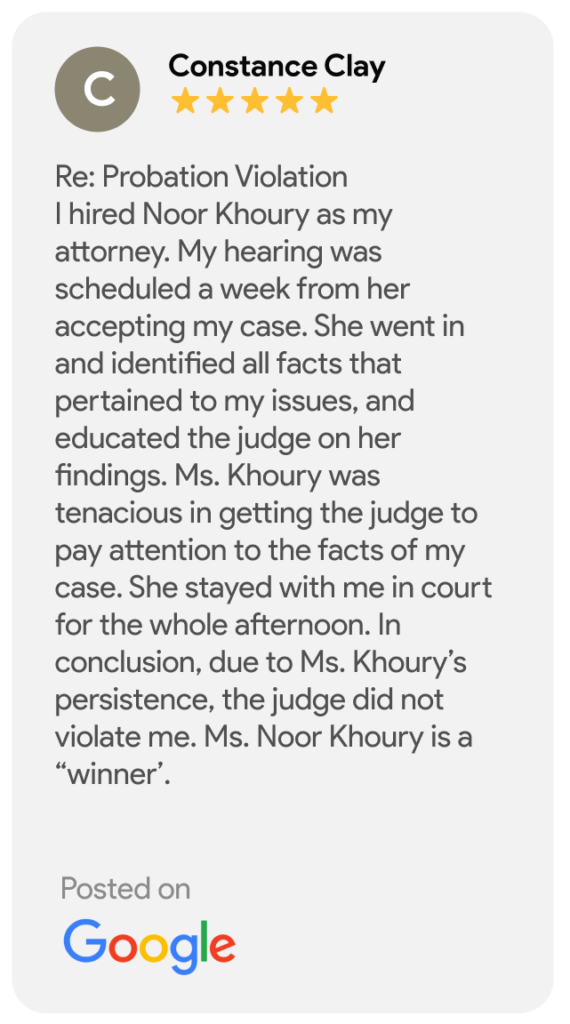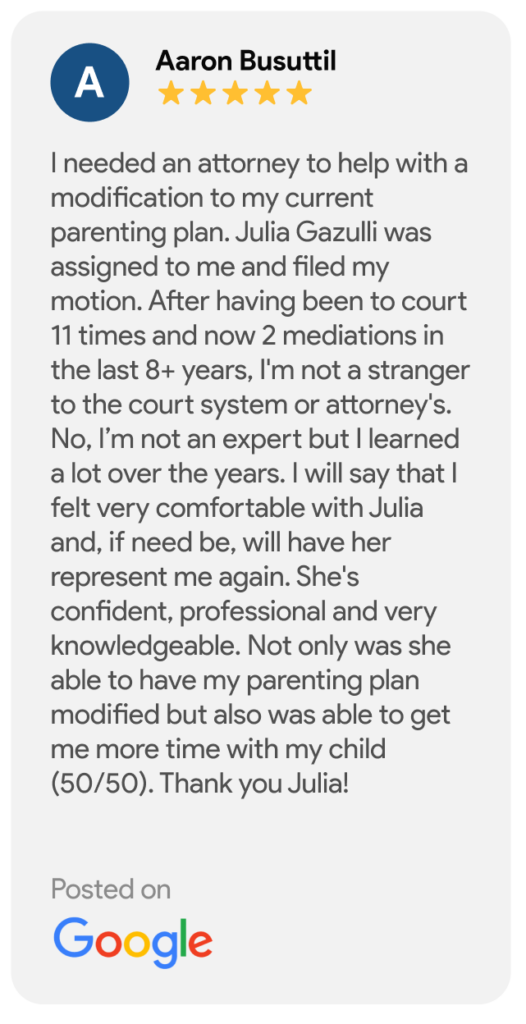Joint Custody in Michigan – ChooseGoldman
Every Michigan child custody attorney has more than twenty-five years of experience in bettering the situation of our clients.
At Goldman & Associates law firm, our attorneys understand that you have questions and concerns that you need addressed, which may be similar to the following:
- My wife currently has sole custody of our children, but I want more time with them. How can I receive joint custody?
- Who will make decisions regarding the well-being of my children?
- Is your spouse trying to dictate when you get to see your kids?
- How does the court evaluate custody?
At Goldman & Associates law firm, our Michigan child custody lawyers are here to provide you with solutions to your concerns. As we examine your case in greater depth, we’ll be able to provide you with the answers you’ve been searching for, allowing you to finally feel at ease with what’s to come, a brighter, happier, and worry-free time for yourself and your children
Perhaps the single, greatest issue involved in any divorce is determining which party will get custody of the children. While few divorces end pleasantly for all parties involved, this issue is the one that is most likely to transform the parties from hurt and confused into uncompromising and bitter enemies. Therefore, it is an issue that is likely to lead to lots of future litigation, and thus, lots of attorney fees.
What Is Joint Custody?
Joint custody is the legal term for a court order whereby custody of a child is awarded to both parties. Generally speaking, when it occurs in the context of divorce situations, it refers to situations in which lodging and care of the child is shared according to a court-ordered custody schedule.
Two Kinds of Joint Custody
There are two kinds of custody in Michigan: physical and legal. Both physical and legal custody may be sole (one parent) or joint (both parents). Physical custody refers to the parent who has actual possession of the children. Legal custody refers to a parent’s ability to make important decisions that will have a major impact on the trajectory of a child’s life, i.e., where a child will go to school, what religion a child will be raised in, who a child’s doctor will be. So, how are the parties supposed to agree on some of these important issues? They need to find a way to compromise and put the needs of their children above their own. It is important for all involved to understand that the court looks favorably on the children having a relationship with both parents. If they aren’t able to reach mutual agreements on what is in the best interests of their children, a judge is likely to award sole custody to a single parent.
Best Interest of the Child Factors
So, if the parties are unable to compromise with one another, the following factors will be considered in creating a custody arrangement.
(a) The love, affection, and other emotional ties existing between the parties involved and the child.
(b) The capacity and disposition of the parties involved to give the child love, affection, and guidance and to continue the education and raising of the child in his or her religion or creed, if any.
(c) The capacity and disposition of the parties involved to provide the child with food, clothing, medical care or other remedial care recognized and permitted under the laws of this state in place of medical care, and other material needs.
(d) The length of time the child has lived in a stable, satisfactory environment, and the desirability of maintaining continuity.
(e) The permanence, as a family unit, of the existing or proposed custodial home or homes.
(f) The moral fitness of the parties involved.
(g) The mental and physical health of the parties involved.
(h) The home, school, and community record of the child.
(i) The reasonable preference of the child, if the court considers the child to be of sufficient age to express preference.
(j) The willingness and ability of each of the parties to facilitate and encourage a close and continuing parent-child relationship between the child and the other parent or the child and the parents.
(k) Domestic violence, regardless of whether the violence was directed against or witnessed by the child.
(l) Any other factor considered by the court to be relevant to a particular child custody dispute.
Joint Custody Law Facts
In Michigan, joint custody refers to situations in which either a) the child resides alternately for specific periods with each of the parents or b) the parents share decision-making as to the important decisions affecting the physical welfare of the child. Joint legal custody means that both parents share the responsibility in making the important decisions affecting the child, while joint physical custody means that both parents share in the actual physical living or custodial arrangements of the child.
Michigan Joint Custody and Live Out of State Law Facts
Generally speaking, joint custody situations in Michigan are those in which a child resides with parents at different times. These are usually regulated by parental agreement or court order. Sometimes, however, when the parents live in different states, a more complicated agreement is involved that requires more active judicial intervention.
Family Law Attorneys Can Help
If you are going through a divorce, and you are at odds with your spouse on what will happen to your children once the divorce is finalized, you must contact an experienced child custody attorney. Once an order is entered regarding a custody arrangement, the arrangement becomes very difficult to modify; so fighting for custody at the outset, before a divorce is finalized, is the best way to get an arrangement you can live with moving forward. Contact our office (586-268-2400) as soon as possible if you find yourself in such a predicament.
Choose Goldman Today!
Find out how Goldman & Associates Law Firm successfully worked with clients by watching our Testimonial videos.
































